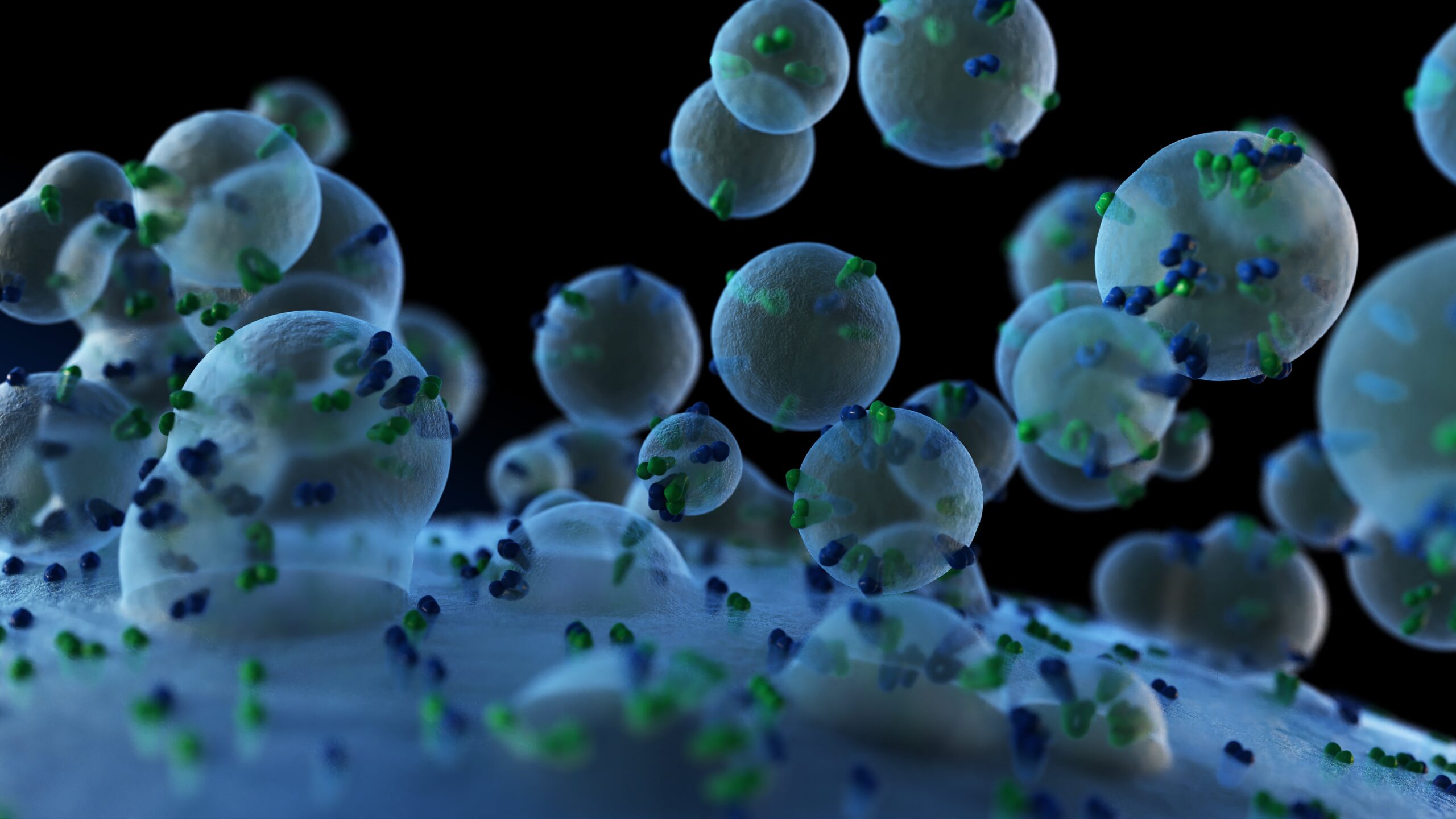Lung cancer is one of the leading causes of cancer-related deaths worldwide. But what if the key to treating this deadly condition lies not in targeting the cancer cells themselves but in our own immune system? That is the intriguing possibility emerging from recent research on senescence, a process where cells stop dividing but remain alive, a process linked with both cancer and ageing.
A team of scientists from the UCL Institute of Child Health and the University of Cambridge in the UK have made a remarkable discovery: Removing certain aged immune cells could actually help control the growth of lung tumours. Their findings suggest that the traditional view of immune cells as solely protective may need to be re-evaluated, as these cells can lose their protective function and even contribute to diseases like cancer as they grow older.
The study, published in the journal Cancer Cell, focused on a process called senescence. It showed that senescent cells, depending on the substances they release, can actually promote tumour growth when they accumulate around cancerous growths.
“Senescent cells, including macrophages—the body’s defenders—accumulate with age, contributing to chronic inflammation, a hallmark of ageing. Additionally, these cells can exacerbate various age-related lung diseases,” explains Dr Sumeet Pandey, a scientific investigator and GSK Fellow in the GSK Immunology Network.
The problem with ageing immune cells
The scientists studied ageing in mice and noticed that as the mice got older, their immune cells started to change. These ageing immune cells began producing substances that helped the tumours grow bigger. When the researchers removed these problematic immune cells, the tumours shrank, and the mice lived longer.
The key was a protein called p16INK4a that increases as cells get older. Cells with high levels of this protein are essentially “worn out” and can cause more harm than good. By targeting and eliminating these ageing immune cells, the researchers were able to slow down tumour growth.
Interestingly, the researchers also found that many of these problematic ageing immune cells were linked to lung tumours that had a mutation in the KRAS gene. This gene is known to drive uncontrolled cell growth, resulting in lung cancer when it is mutated.
Using advanced techniques that allow scientists to study individual cells, the researchers identified certain ageing immune cells called macrophages that were closely associated with tumour growth. These older macrophages released chemicals that actually helped fuel the spread of cancer. While macrophages typically fight off infections and diseases, this subset of ageing ones seems to have the opposite effect – their secretions promoted tumour progression rather than stopping it.
Also Read: How single-cell RNA sequencing can improve cancer diagnosis
Finding new therapies
By clearing out these problematic cells, the hope is that doctors may be able to manage lung cancer better and improve longevity for individuals developing the condition.
The removal of senescent cells, either through genetic techniques or the use of senolytic drugs that kill these cells, has shown significant reductions in tumour size and extended lifespan in affected organisms.
Single-cell RNA sequencing (scRNA-seq) examines the active genes in individual cells, helping scientists understand each cell’s role and behaviour.
“Continuous improvements in technology and analysis methods are making scRNA-seq data more reliable and easier to understand, offering a better understanding of the complex cellular environment of tumours,” Dr Pandey notes.
However, translating these findings into clinical applications is challenging. “Factors such as targeting specificity (the ability to target specific cells or molecules) and potential off-target effects (unintended interactions with other cells or molecules) must be carefully considered,” adds Dr Pandey.
Since lung cancer cases come in a wide spectrum, each one requires a personalised treatment plan. However, these plans must be thoroughly tested in different populations for long-term safety and effectiveness before they can be declared suitable for widespread use.
A new frontier in the fight against cancer
Still, the researchers’ discoveries have opened a new frontier in the fight against lung cancer. By shifting the focus from the cancer cells themselves to the ageing immune cells that might be fuelling their growth, this work offers a fresh perspective on a long-standing problem.
As Dr Samir Morsli, a Postdoctoral Researcher at the Karolinska Institute in Sweden and the author of the paper, tells Happiest Health, “Eliminating the senescent immune cells appears to have a beneficial impact in reducing tumour burden and extending survival.”
With further research and development, this innovative approach could pave the way for more effective and personalised lung cancer treatments, giving hope to those battling this devastating condition.

















